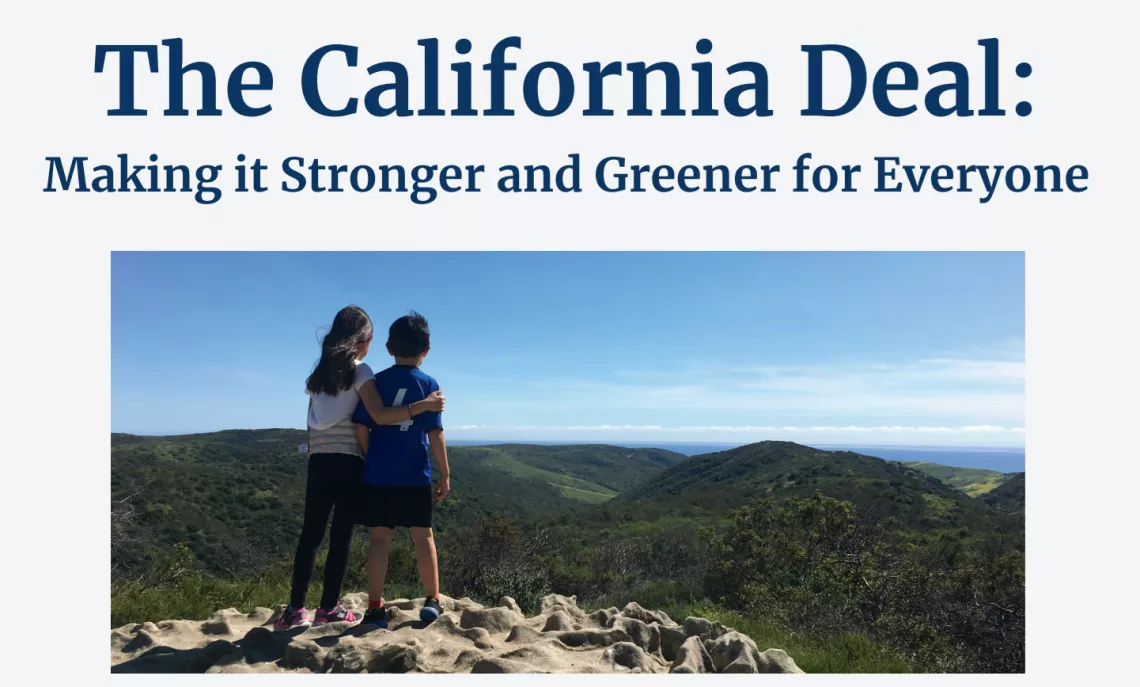November 21, 2019
The Sierra Club California Summit took place in Pasadena on October 26 with a number of speakers on panel eagerly waiting to share their ideas to improve the California Deal. Panelists were addressing many topics, including transportation, water policy, and the California Deal generally.
The first panel covered the challenges and opportunities of California’s Green Deal. David Haake, Sierra Club Angeles Chapter Volunteer Leader, shared his experience working with local community activists to cut oil pollution impacts in their Los Angeles-area neighborhoods. Haake expressed that the California Deal has done little to address the social justice surrounding the health impacts of urban oil production and refinery activities, but in return, the communities have decided to get organized and take action.
“STAND-LA has organized a grass-roots campaign to demand a 2500’ human health and safety buffer between oil production operations and where people live, work, play and pray,” said Haake.
Although the state and city of Los Angeles have not done much due to expenses, Culver City has courageously stepped up to shut down oil drilling in their portion of the Inglewood oil field.
The second panel of the summit covered transportation for all and policies surrounding the push toward electric vehicles. Jennifer Kropke of the International Brotherhood of Electrical Workers explained the benefits of a clean energy economy and the support it will bring to union jobs while reducing pollution.
The last panel explored equitable water policies. Sustainable water experts discussed a number of things, but Phoebe Seaton, Co-Director and Legal Director of the Leadership Counsel for Justice and Accountability, made it a point to be known that we must be vigilant against polluters seeking reprieve. More specifically, the tax-paying and water-drinking public should not carry the burden of their share of the drinking water crisis in the state of California.
Overall, the Summit was a great success. It allowed panelists to speak and educate with their vast knowledge on heavy topics and gave attendees the opportunity to participate and engage in critical thinking activities, such as ideas for future bills. Next year’s Summit is set to take place in Northern California where the green conversations will continue.
